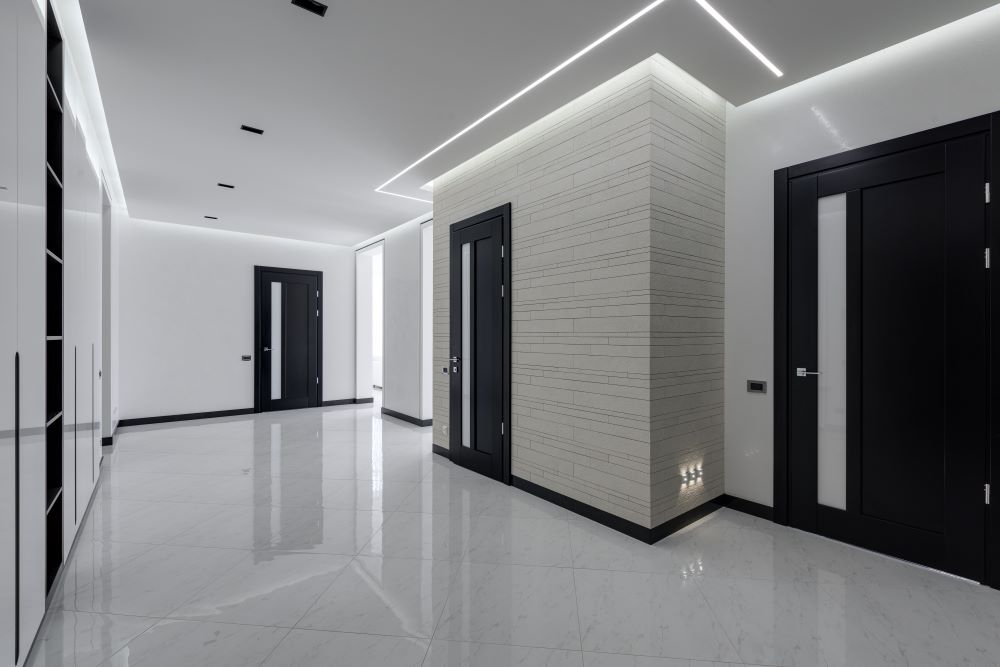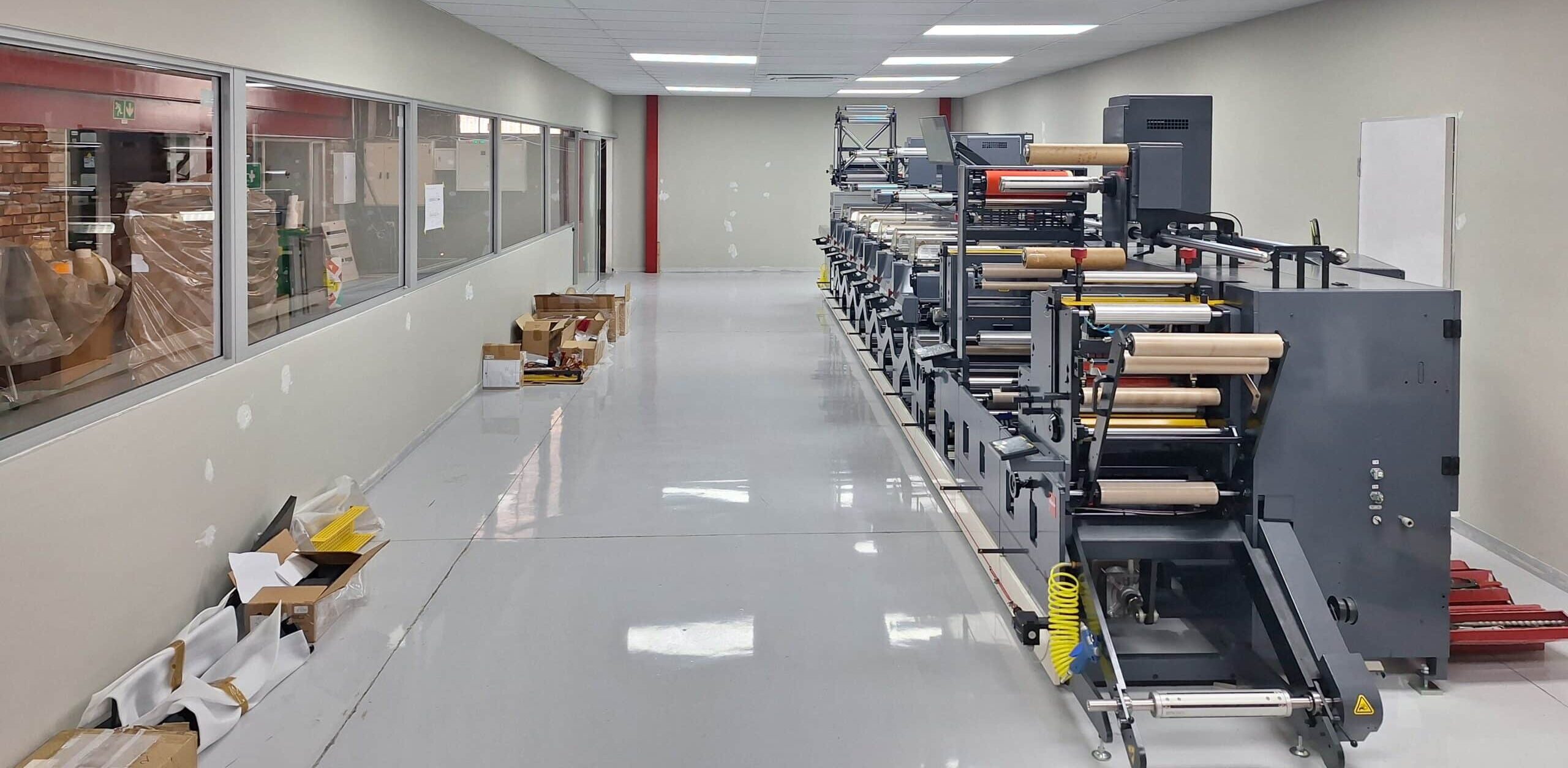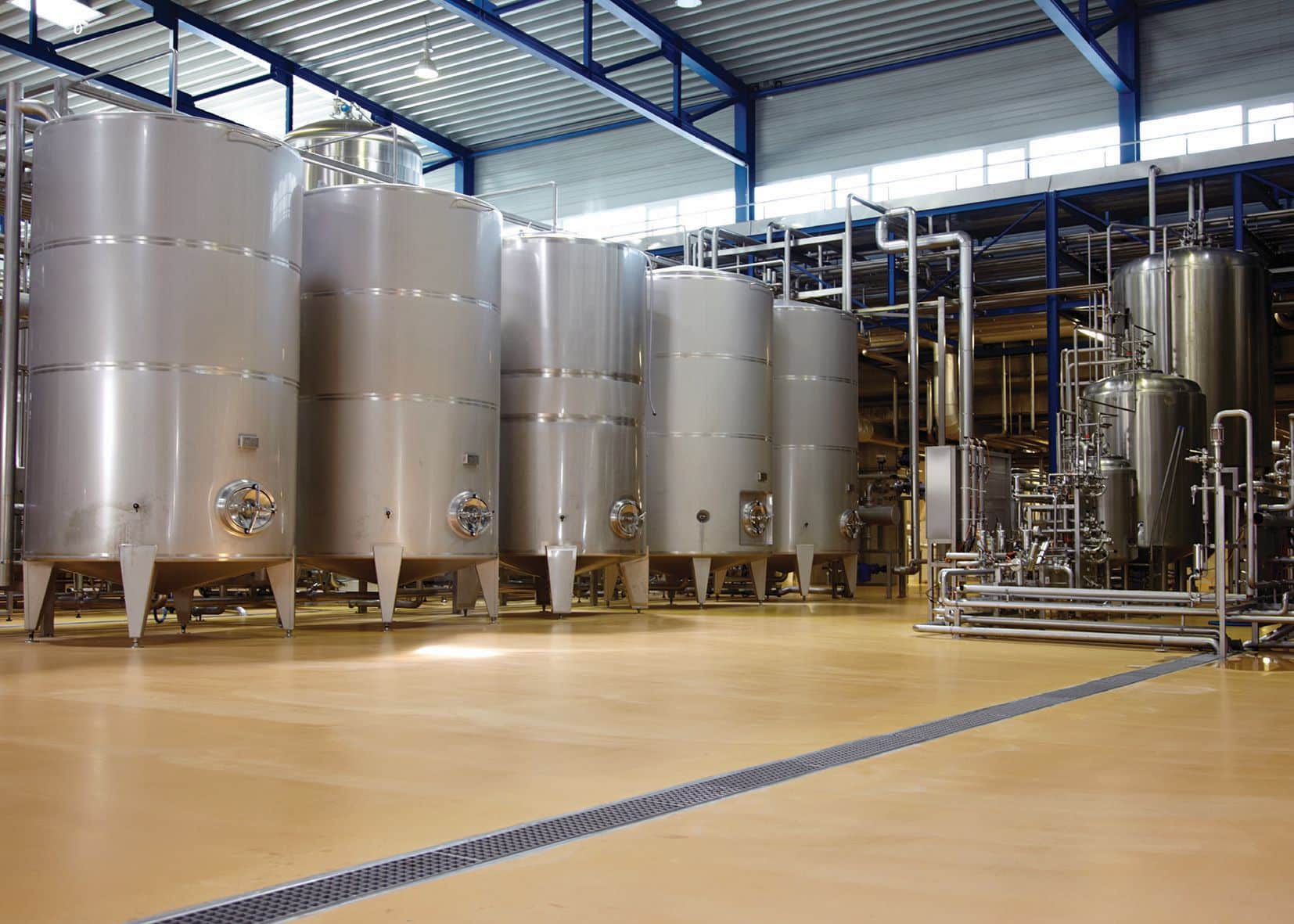There is an ongoing debate in the flooring industry about polyurethane vs epoxy coatings. Both these flooring types are high-quality, dependable, and aesthetically pleasing, not to mention hygienic and easy to maintain.
So which one is better? Well, that may not be a straight-forward answer.
In the food and beverage flooring industry, choosing the right type of flooring is extremely important. So, if you are unsure whether to go with polyurethane flooring or epoxy, here are some comparisons to help you choose more wisely.
Polyurethane Coatings
Polyurethane floor coatings are made of a type of polymer that is linked together molecularly through urethane, which acts as a corrosion and abrasion shield. Polyurethanes have a greater density thanks to their molecular cross-linking, which makes them tough.
- Cost
Polyurethane floor coatings tend to be a little more expensive upfront. However, they have been known to last longer and require less maintenance than epoxy flooring. Therefore, savings accrue over time.
- Chemical Resistance
Polyurethane floor coatings offer excellent resistance to a wide range of chemicals. This makes it a great option for the food and beverage industry since spills from acidic foods a
- UV Resistance
Another benefit of polyurethane coatings is their resistance to UV degradation, which makes them ideal for areas exposed to sunlight or other sources of UV radiation. They are useful in indoor greenhouse applications with floors exposed to natural sunlight or artificial UV lamps. They are also great for sunny dining areas in restaurants or eateries.
- Aesthetics
Polyurethane floor coatings have a wider range of finishes available than epoxy. They can come in a variety of colours and feature high-gloss, matte, satin, or semi-gloss finishes. This offers greater design flexibility and contributes to creating a good-looking space.
- Curing Time
Polyurethane can be applied quickly and cured within a day or two. This allows for polyurethane flooring to be installed with minimum downtime, making it ideal for food or beverage manufacturing facilities.
- Hygiene
Polyurethane flooring is extremely hygienic, particularly when using Technical Finishes’ flagship Polyscreed® range, which contains antimicrobial silver ion technology that kills 99.9% of all known bacteria on contact. Its smooth and seamless finish also stops bacteria from collecting and growing in gaps.
- Durability
While polyurethane coatings are extremely durable, they are not necessarily as resistant to abrasion and general wear as epoxy coatings might be. This is especially true in high-impact, high-traffic areas. As a softer flooring type, it is easier to tear when subjected to heavy abuse.
- Temperature Resistance
Polyurethane flooring is excellent at withstanding extreme temperature shifts. This makes it effective in the food and beverage industry since the flooring is often subjected to extremely hot steam cleaning or used in refrigerated rooms.
Epoxy Coatings
Epoxy floor coatings are made from a resinous material akin to glue and are layered on top of existing flooring to provide a glossy, durable, and protective layer.
- Durability
Epoxy coatings are extremely durable and can withstand a significant amount of foot traffic and high impact from heavy machinery found in food manufacturing and distribution facilities.
- Hardness
Epoxy flooring is harder than polyurethane, and more able to withstand abrasion and high impacts without tearing. However, its hardness makes it more brittle, so extreme impact can cause cracking.
- Chemical Resistance
Epoxy coatings, like polyurethane, offer excellent chemical resistance, including the ability to withstand strong acids, solvents, and harsh cleaning chemicals.
- Temperature
Epoxy flooring is not as effective at withstanding extreme temperature fluctuations as polyurethane. While epoxy flooring can handle high heat and extreme cold, sudden temperature shocks can damage it if done often enough.
- UV Resistance
Epoxy coatings are not as UV-resistant as polyurethane. They tend to yellow or become chalky when exposed to daily UV light making them less than ideal for applications like indoor greenhouses or restaurant patios. However, one can apply a UV-resistant coating on top of the epoxy if needed.
- Application Time
Epoxy coatings take a little longer to apply than polyurethane, as they often require multiple layers and longer curing times. This makes the installation process more time-consuming and complex.
- Lifespan
Epoxy flooring requires more regular refurbishment and is not as durable as polyurethane. However, this depends on the type of formulation used and the application.
- Cost
While epoxy is generally cheaper upfront to install than polyurethane, the higher maintenance costs over time make it a potentially more expensive option in the long term.
- Aesthetics
Unlike polyurethane, which has many aesthetic options, epoxy coatings tend to have a glossy appearance only, which may not be ideal for every situation.
When pitting two such excellent options against each other, picking a clear winner can prove tricky. For unbiased advice to help you choose between polyurethane flooring vs epoxy, contact us at Technical Finishes today.




